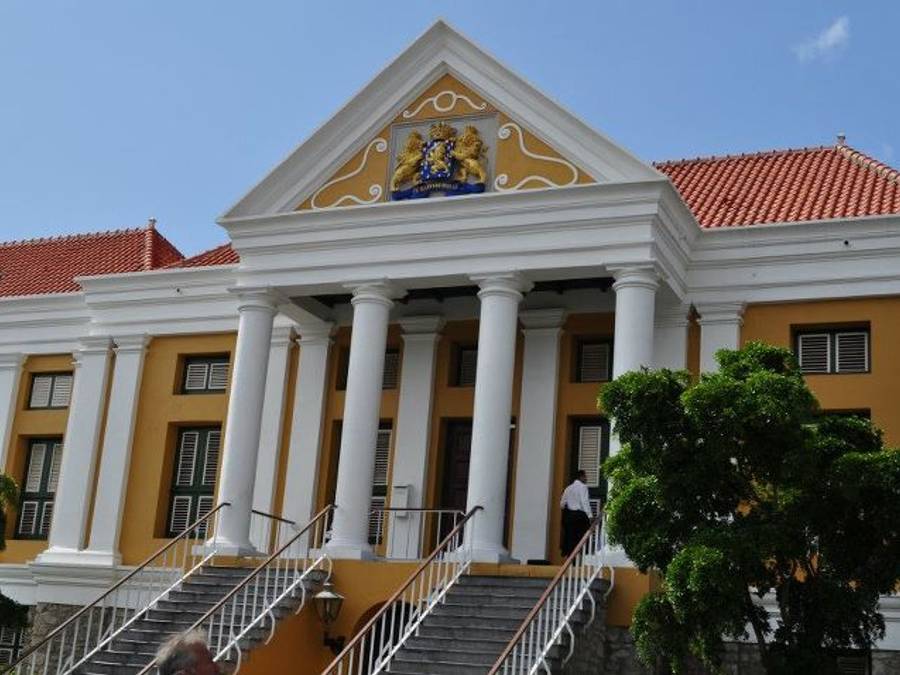Victory for investigative journalist Cramm against Curacao’s gambling industry: sublicensing is illegal

WILLEMSTAD — Investigative journalist Nardy Cramm scored a decisive victory in her fight against Cyberluck, a company that issue sublicenses to the operators of online gambling sites. Cramm has described the issuing of sublicenses as “illegal” which resulted in a court ruling against her. Cramm successfully appealed the verdict.
Cyberluck is a so-called master license holder, established in Curacao. It issues sublicenses to operators of games of chance, like 1X Corp. In January 2019 the Dutch Gaming authority fined 1xCorp and Exinvest 400,000 for offering online games of chance on Dutch websites without a permit through sites like 1xbet.com and xbet-1.com.
In February, Cramm published an article on Curacao Knipsel Krant under the headline Online Curacao gambling company refuses to pay Gaming Authority fine. With it she published a picture of Cyberluck’s director, Angélique Snel-Guttenberg. The caption with this picture states that 1xbt.com is “illegally sublicensed by Cyberluck and that 1xBet.com was fined because it operates 83 gambling sites with thousands of games of chance in the Dutch market without a permit.
Cyberluck summoned Cramm to remove the article; a day later, she complied.
The court initially granted Cyberluck’s demand, that Cram publish two rectifications that basically state that issuing sublicenses is not illegal because it is currently not prohibited. The penalty for non-compliance was set at 5,000 guilders per day with maximum of 100,000 guilders. Cramm appealed this verdict.
The court now ruled that it is plausible that it is impossible for a license holder to properly supervise what sublicense holders are doing and that is therefore illegal. Cramm argued that the term sublicense is misleading because the operators use Cyberluck’s permit and that is subject to conditions, while Cyberluck does not control whether its sublicense holders live up to these conditions.
“That a handful of permit holders issue many sublicenses, with worldwide many gaming websites and an enormous turnover, while the permit holders cannot supervise them properly and while government supervision is impossible and while Country Curacao does not get any money out of it, seems at odds with any legitimate objective of this national ordinance,” the court ruled.
The court considers Cramm’s opinion that the current practice of sublicensing is illegal as plausible, adding that the same is true for issuing such sublicenses. “This falls in any case under the scope of freedom of expression of a journalist.”
The court also had a message for Cyberluck: “This company should know that it is skating on thin ice with the multitude of uncontrollable sublicenses.”
The court rejected Cyberluck’s demands and annulled the earlier ruling that went against Cramm.
Ever since she published the articles about the gaming industry, Cramm says she has been threatened, that she is financially broke and that she has gone in hiding in the Netherlands.


























